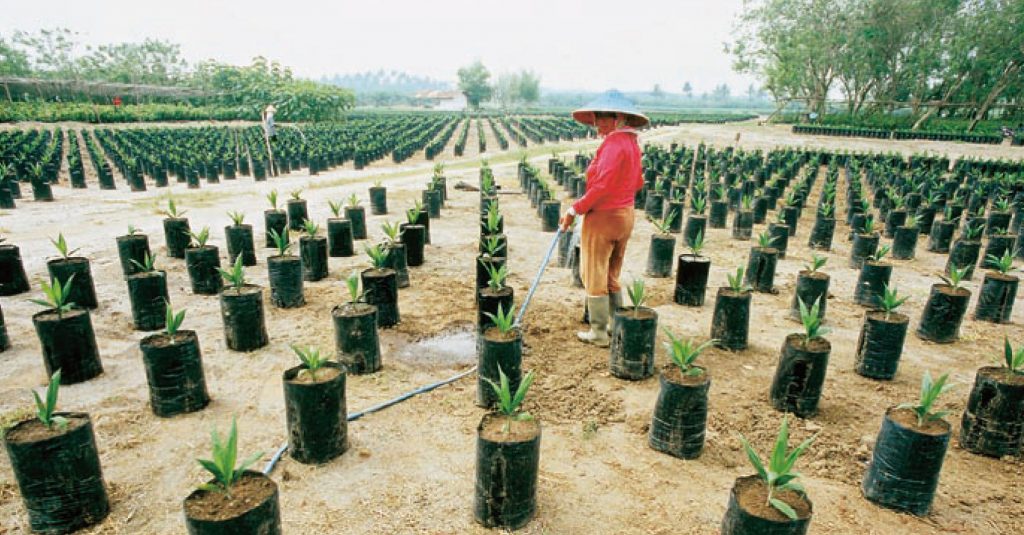The European Commission last Friday approved a certification scheme which would brand biofuels produced from palm oil as ‘sustainable’, despite evidence that their production contributes to deforestation, peatland degradation, disputes over land rights, and climate change.Greenpeace and Friends of the Earth Europe argue that legitimising the use of palm oil biofuels by approving the scheme by the Round Table for Sustainable Palm Oil (RSPO) is inconsistent with the Commission’s own analysis published in October 2012. This found biodiesel from palm oil to have a worse carbon footprint than conventional diesel, mainly due to its indirect land use change (ILUC) impact [1]. Palm oil biodiesel has the highest carbon footprint of the most common biofuels.
Greenpeace forest campaigner Sini Harkki said: “The Commission’s decision is disgraceful and smacks of hypocrisy. One day palm oil biodiesel is dirtier than normal diesel and the next day, after a little poking by the industry, the Commission swallows its own words.”
Robbie Blake, biofuels campaigner for Friends of the Earth Europe, said: “Palm oil is driving deforestation, wildlife loss, community conflicts, and accelerating climate change. Instead of greenwashing palm oil, the EU should outright ban its use as a biofuel.”
Greenpeace and Friends of the Earth Europe call on the Commission to suspend all the authorisations granted to certification schemes for biofuels identified as highly ILUC-intensive, until the indirect greenhouse gas emissions of biofuels are properly accounted for in law. In October, the Commission proposed to set a new 5% cap on the amount of food-based biofuels that can be counted towards the 10% EU renewable energy transport target by 2020. The proposal also requires EU countries and fuel suppliers to submit reports on the real greenhouse gas emissions from their biofuels (including ILUC), but not to account for these emissions when determining their path to meet EU green transport targets.
***
[1] Several studies, including some commissioned by the EU, have found that the extra demand for food crops such as palm oil for the production of biofuels has a significant climate impact. The search for new land to produce food often leads to land grabbing, deforestation or the draining of peatlands, which releases large amounts of greenhouse gases. When this indirect land use change effect is factored in, palm oil biodiesel causes more carbon emissions than conventional diesel. See page 26, table 4, in the Commission staff working document assessing the ILUC impact of European biofuels policies (October 2012): http://ec.europa.eu/energy/renewables/biofuels/doc/biofuels/swd_2012_0343_ia_en.pdf






